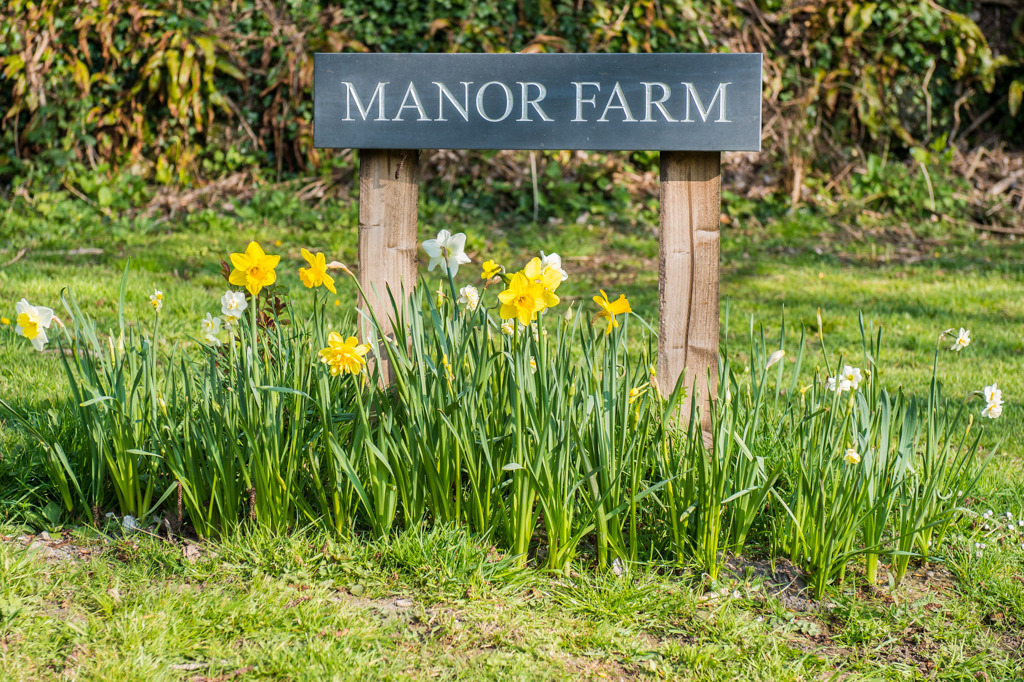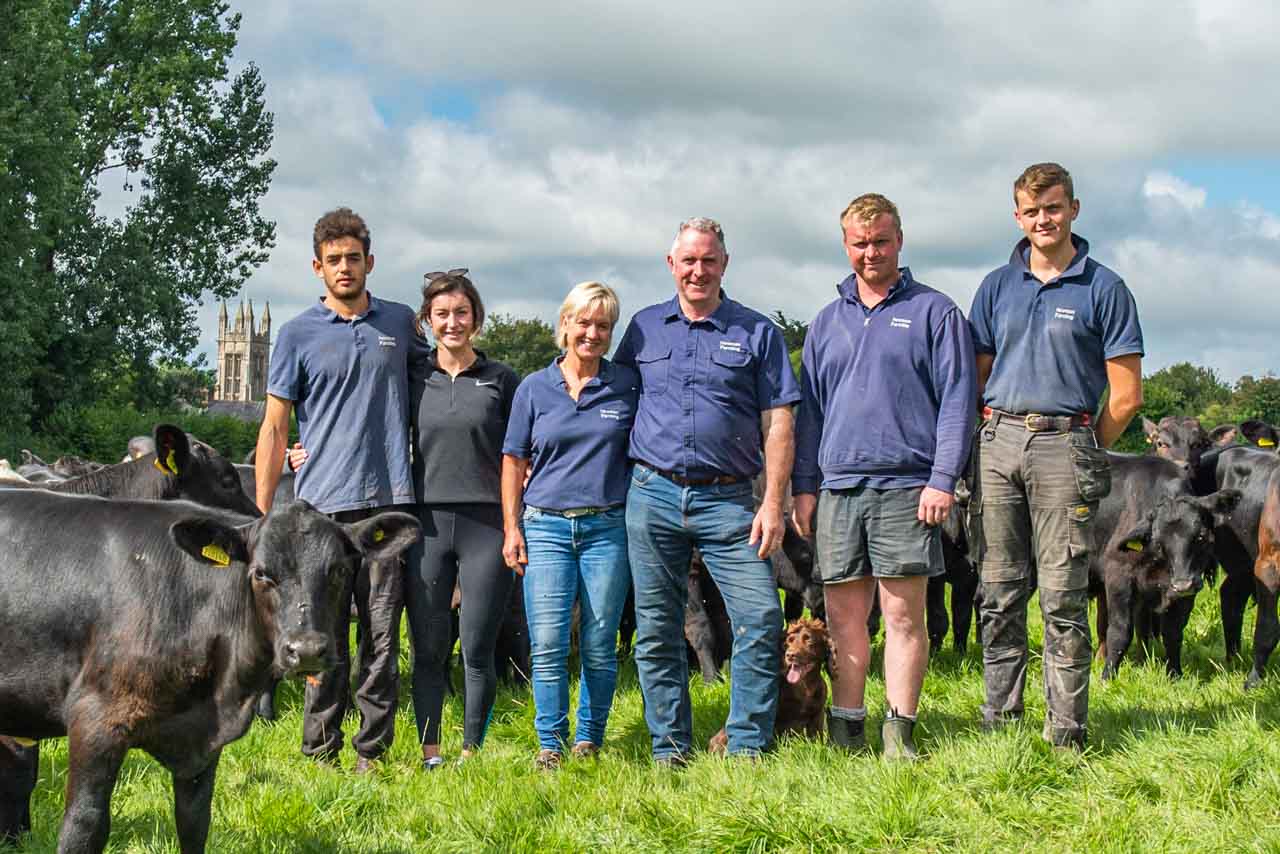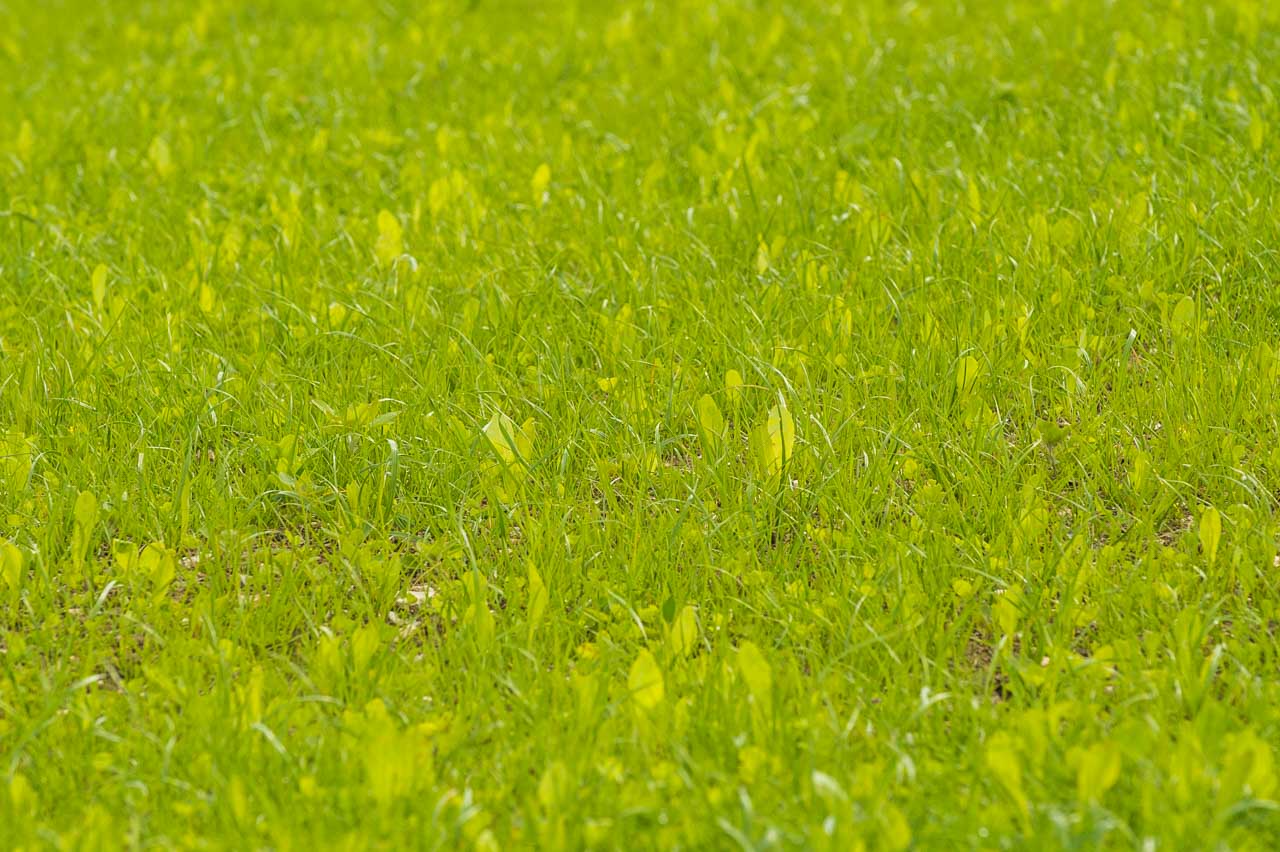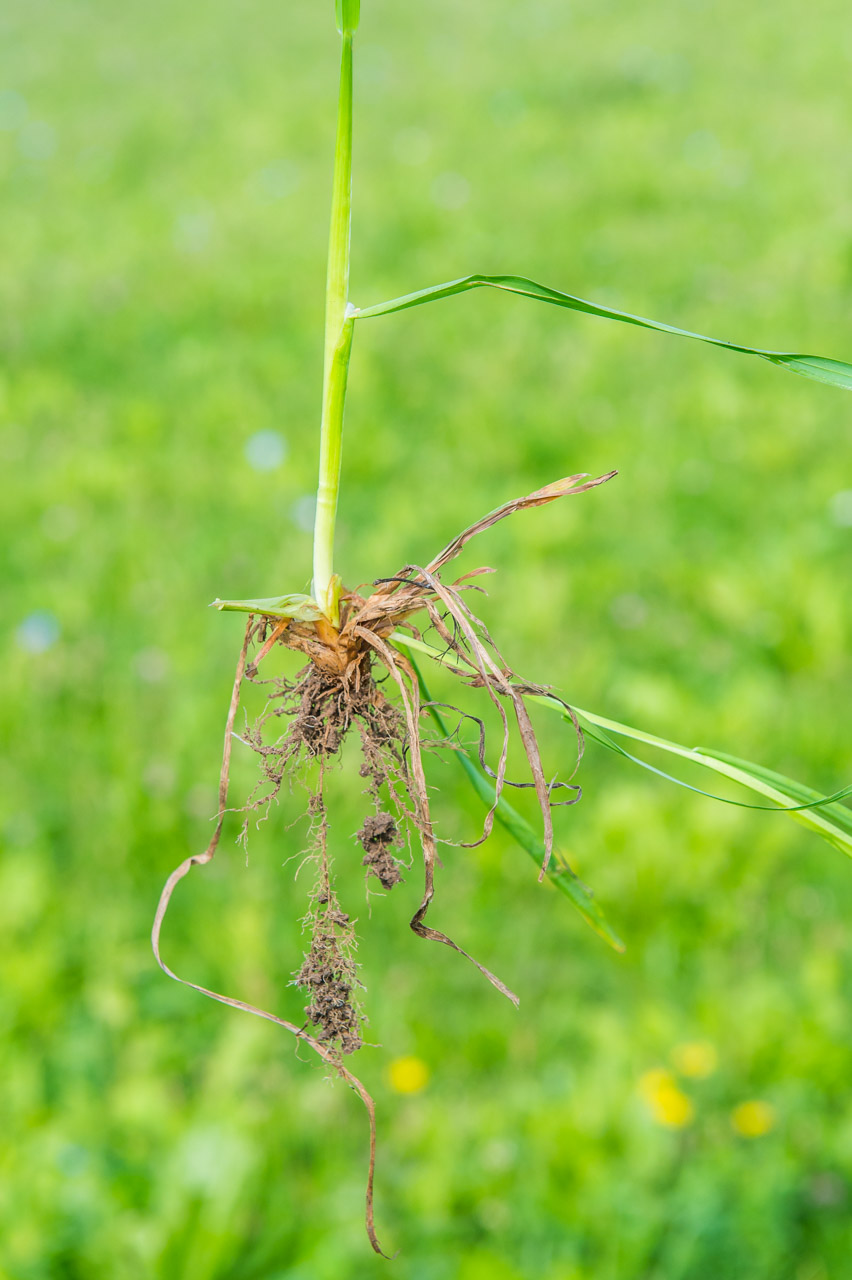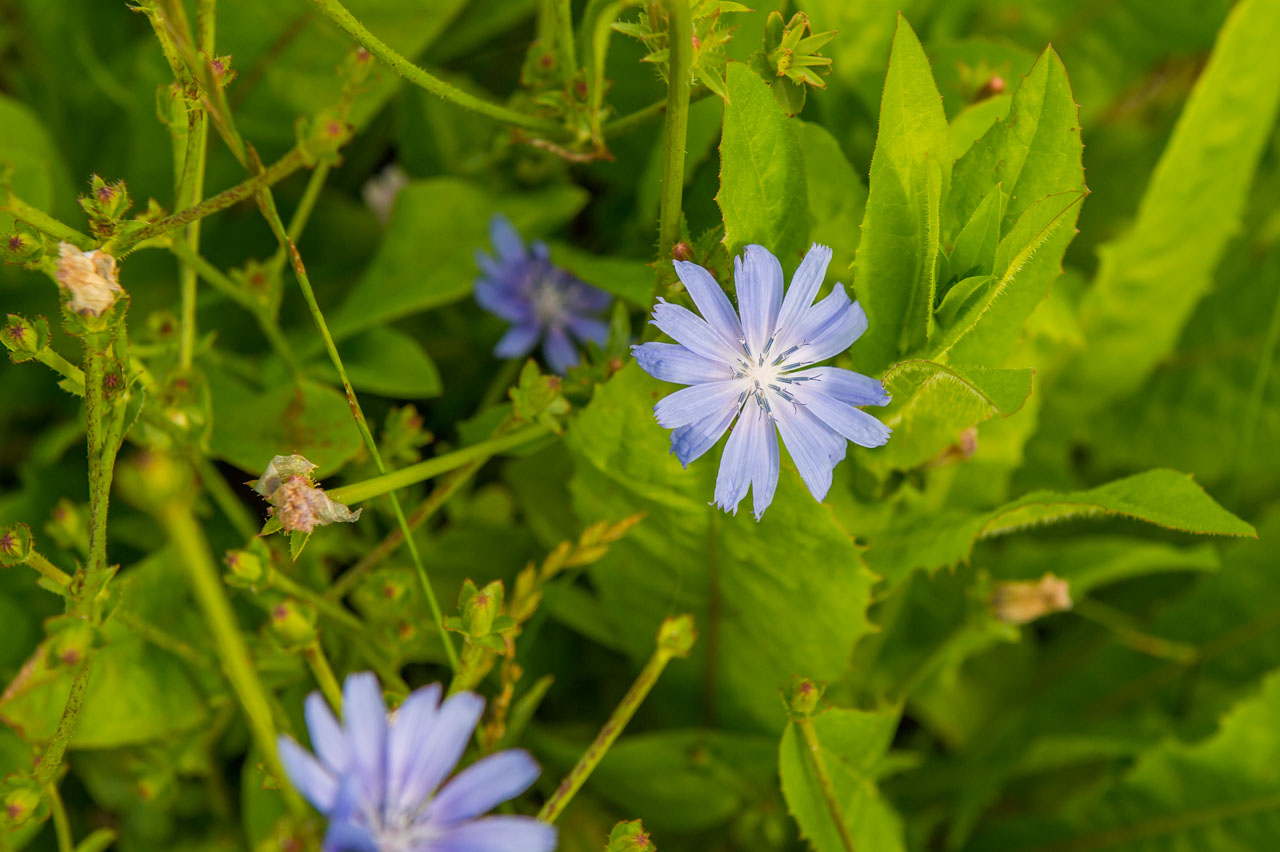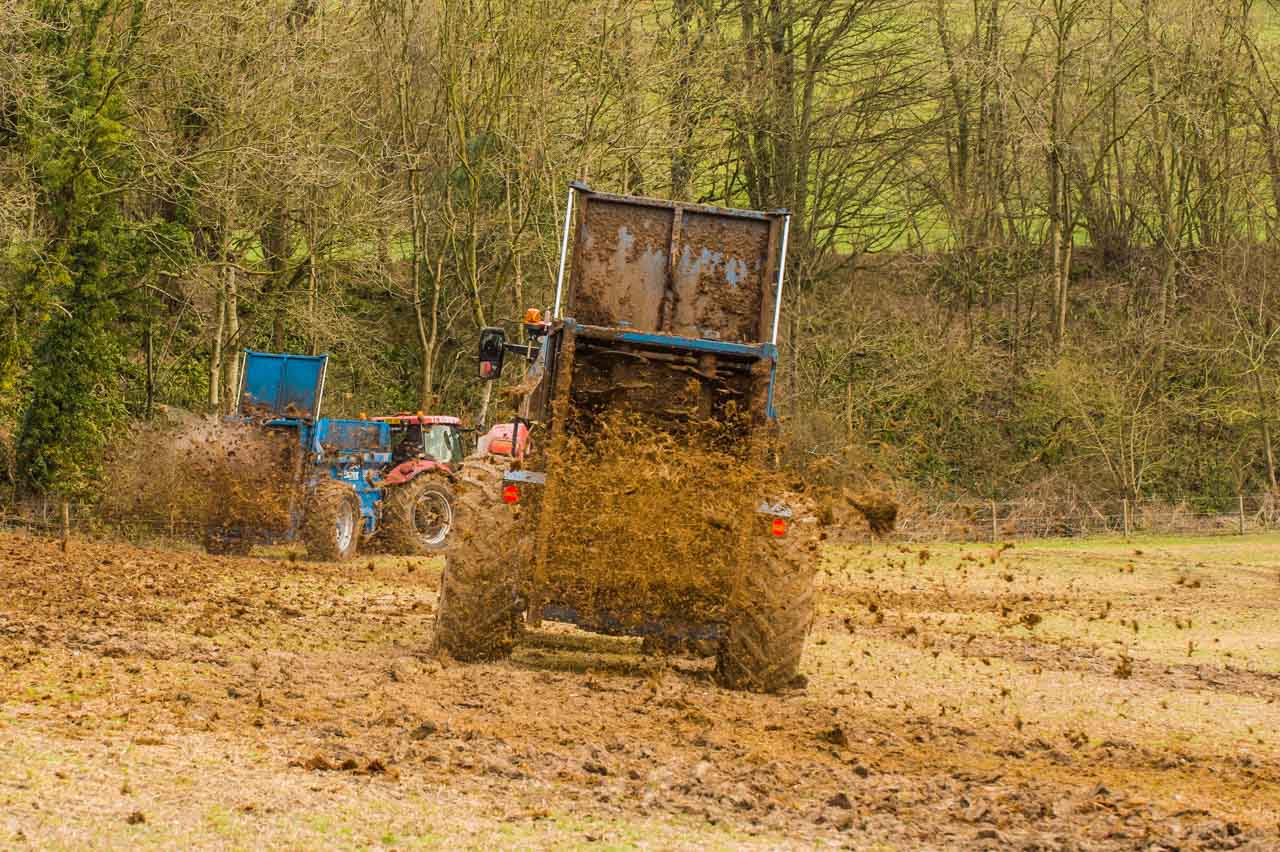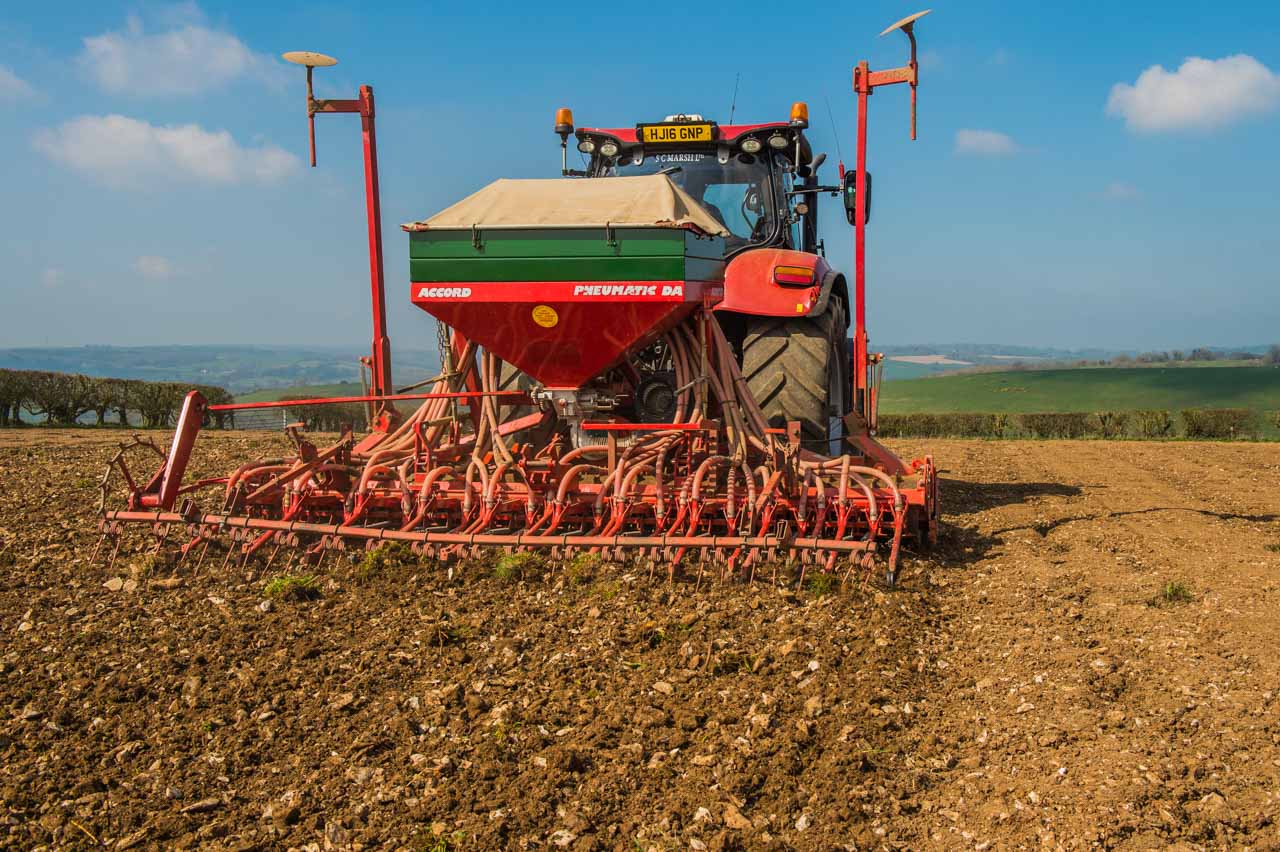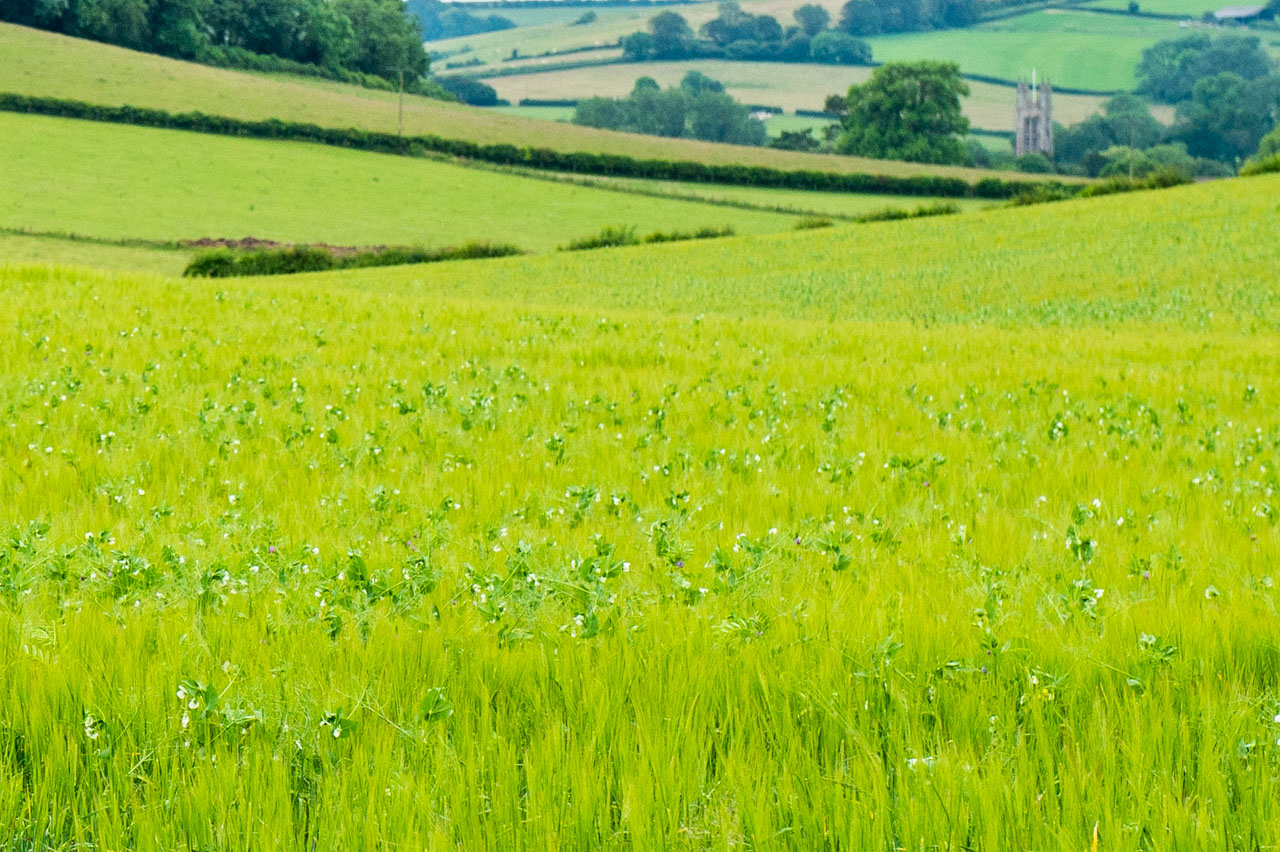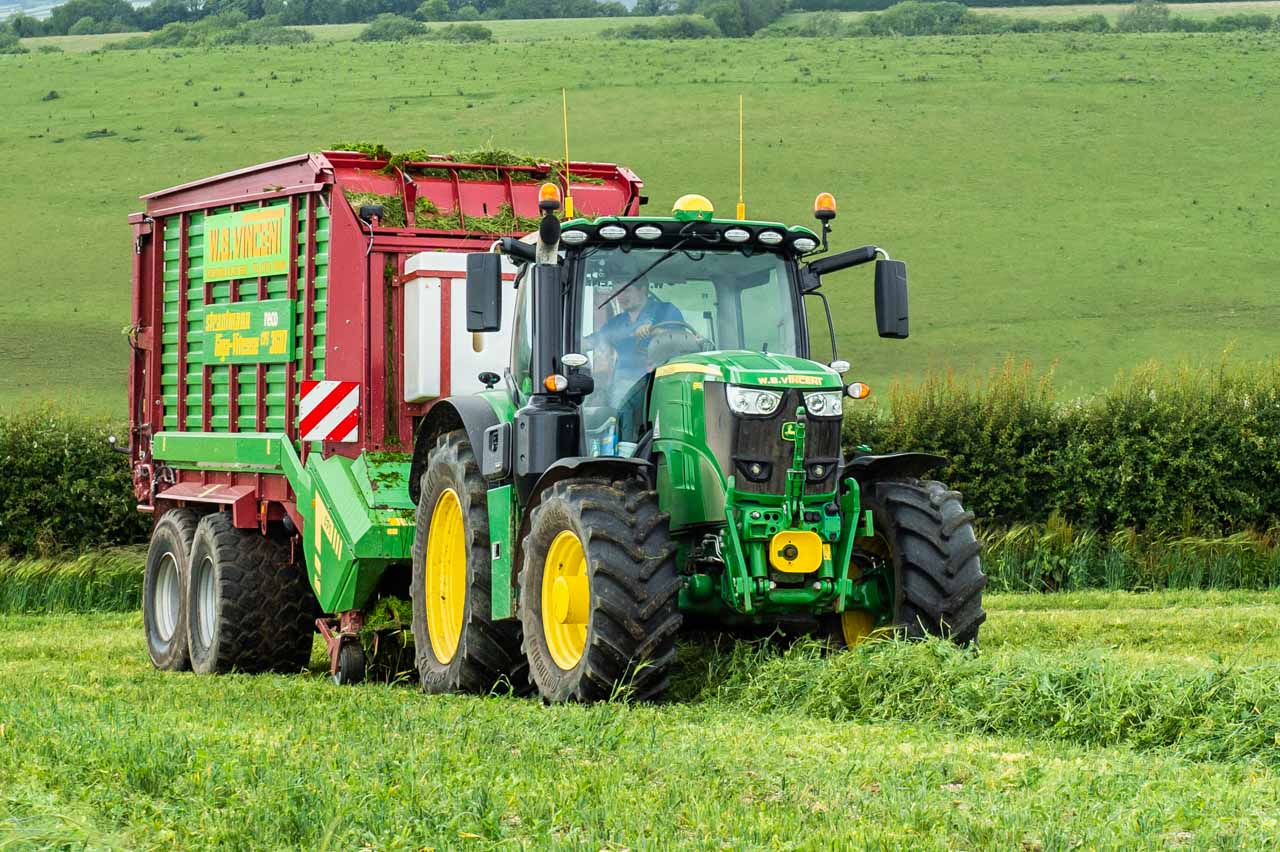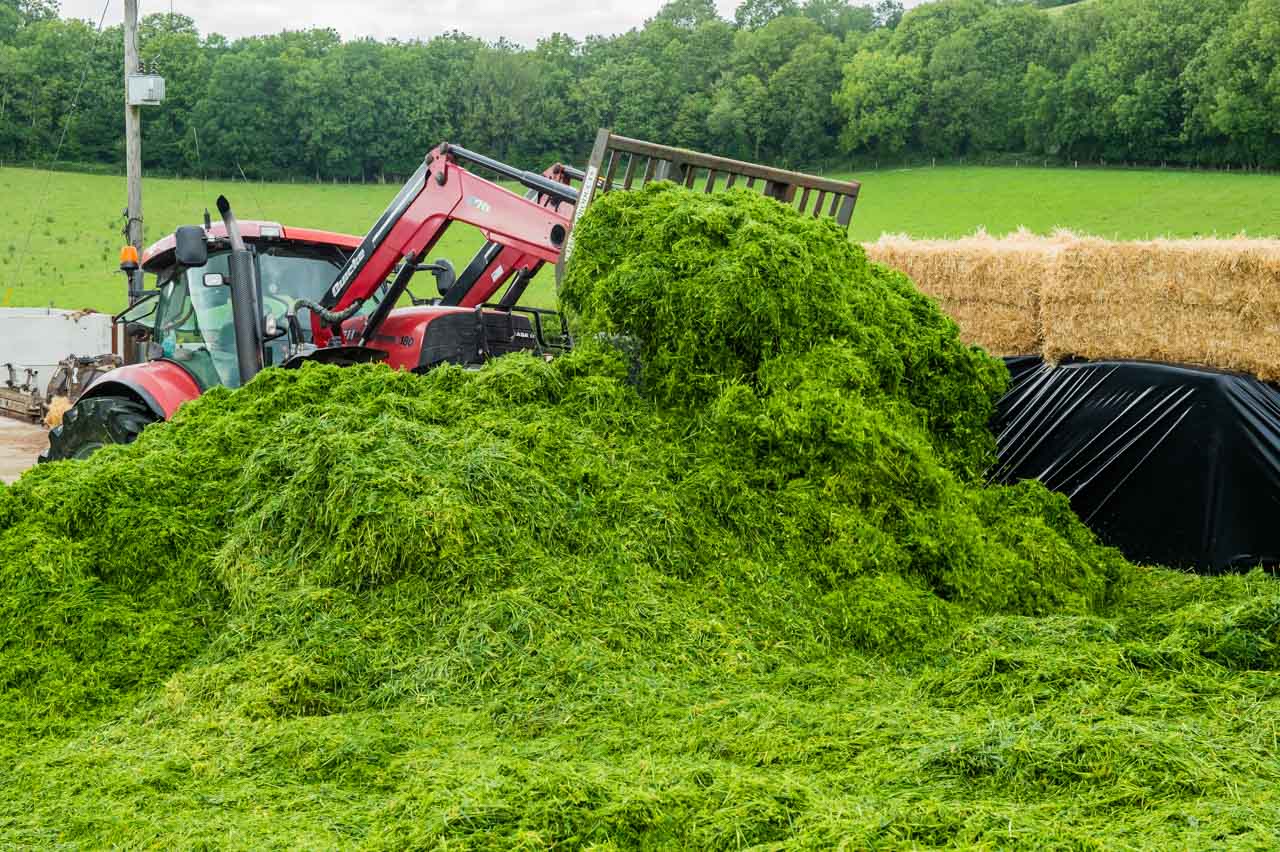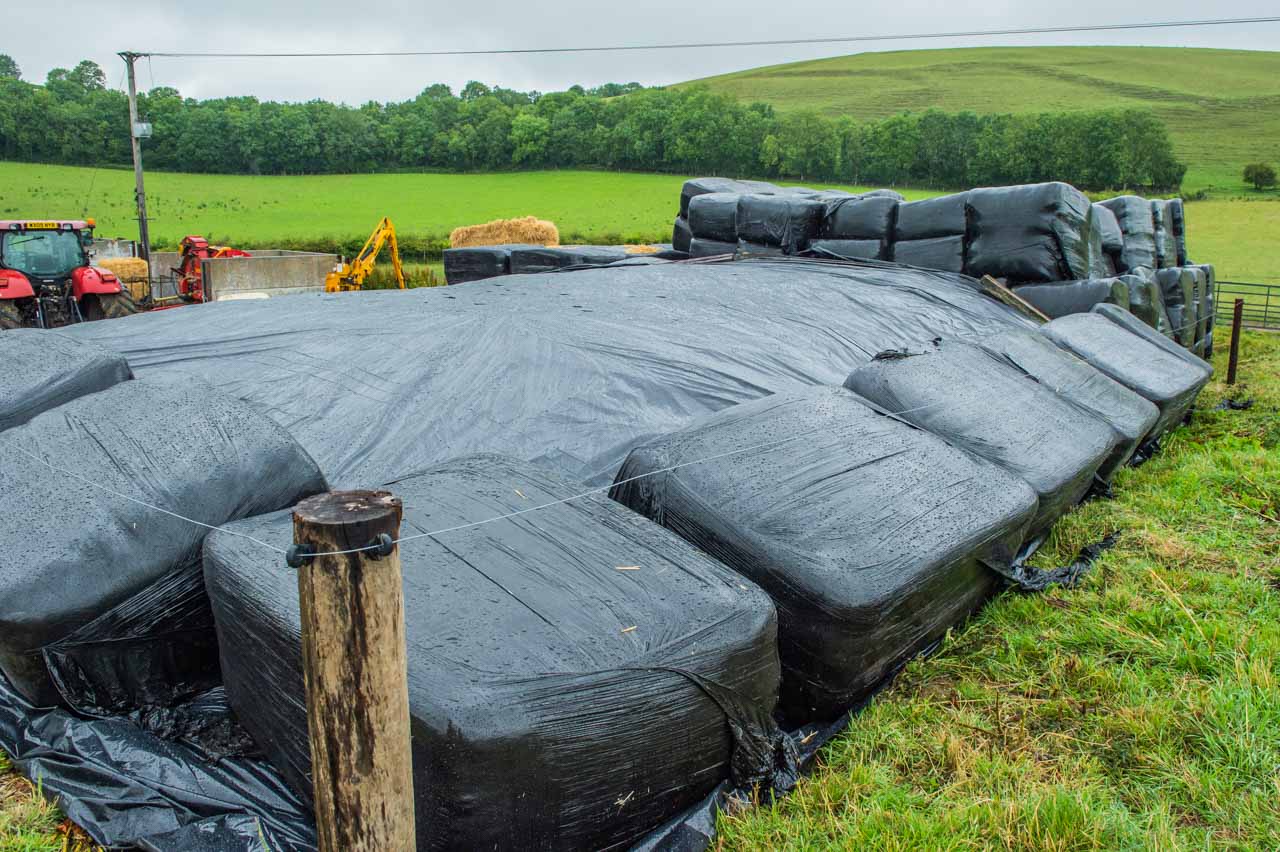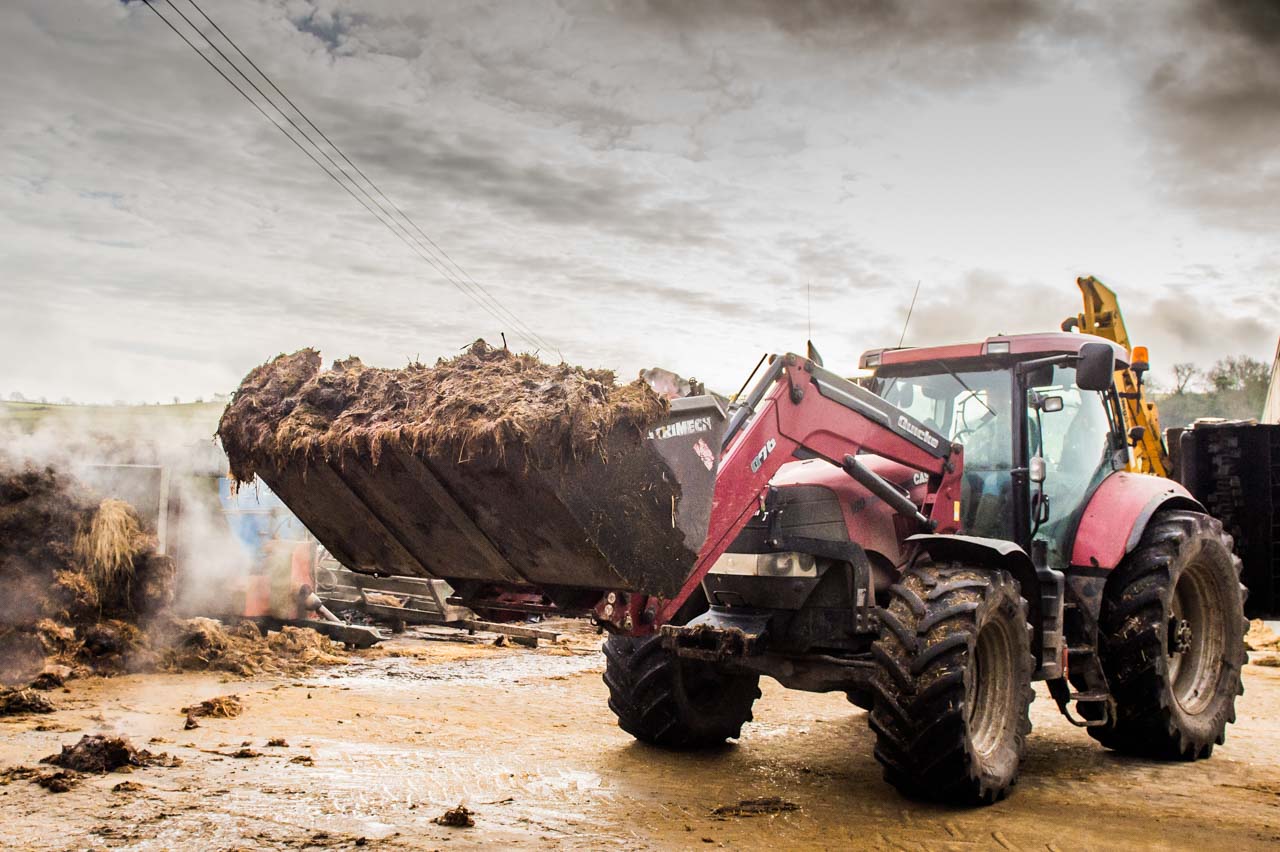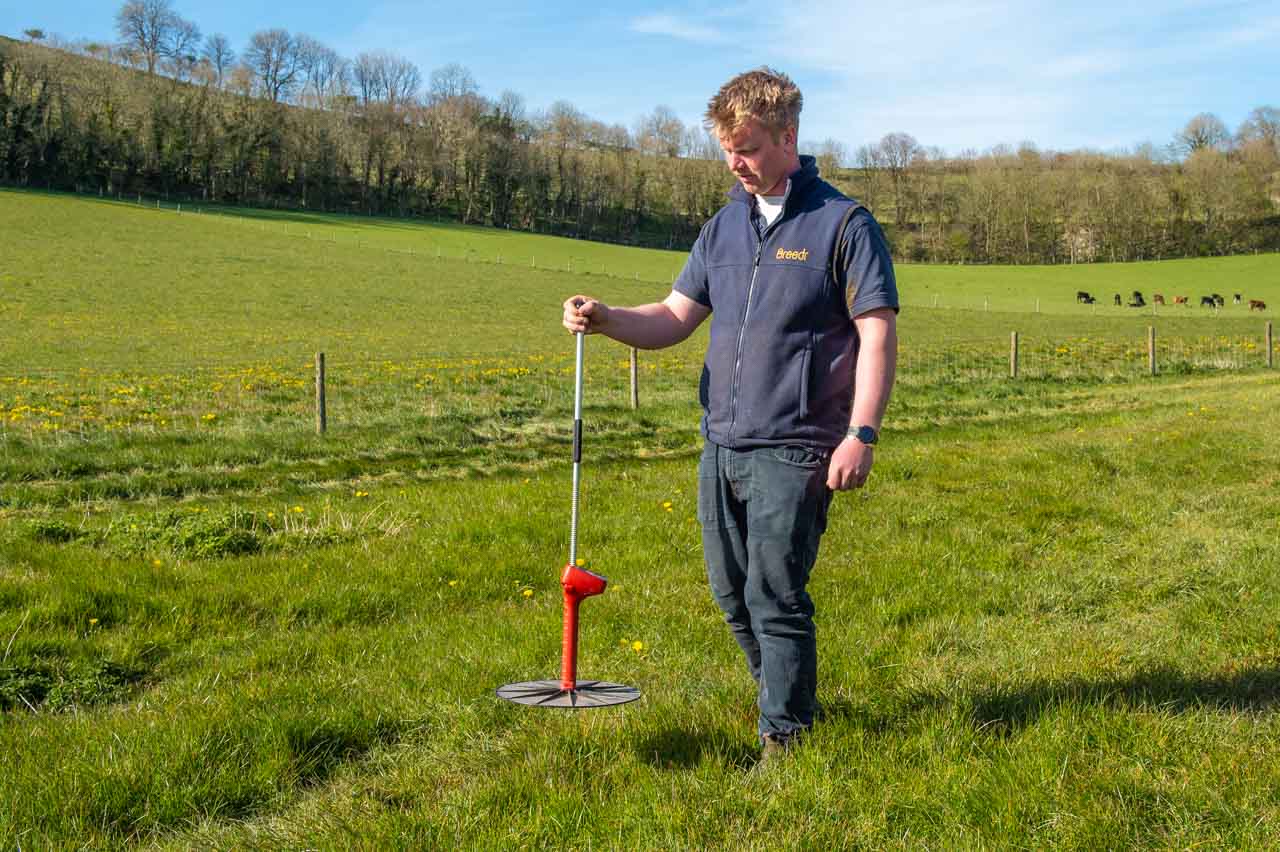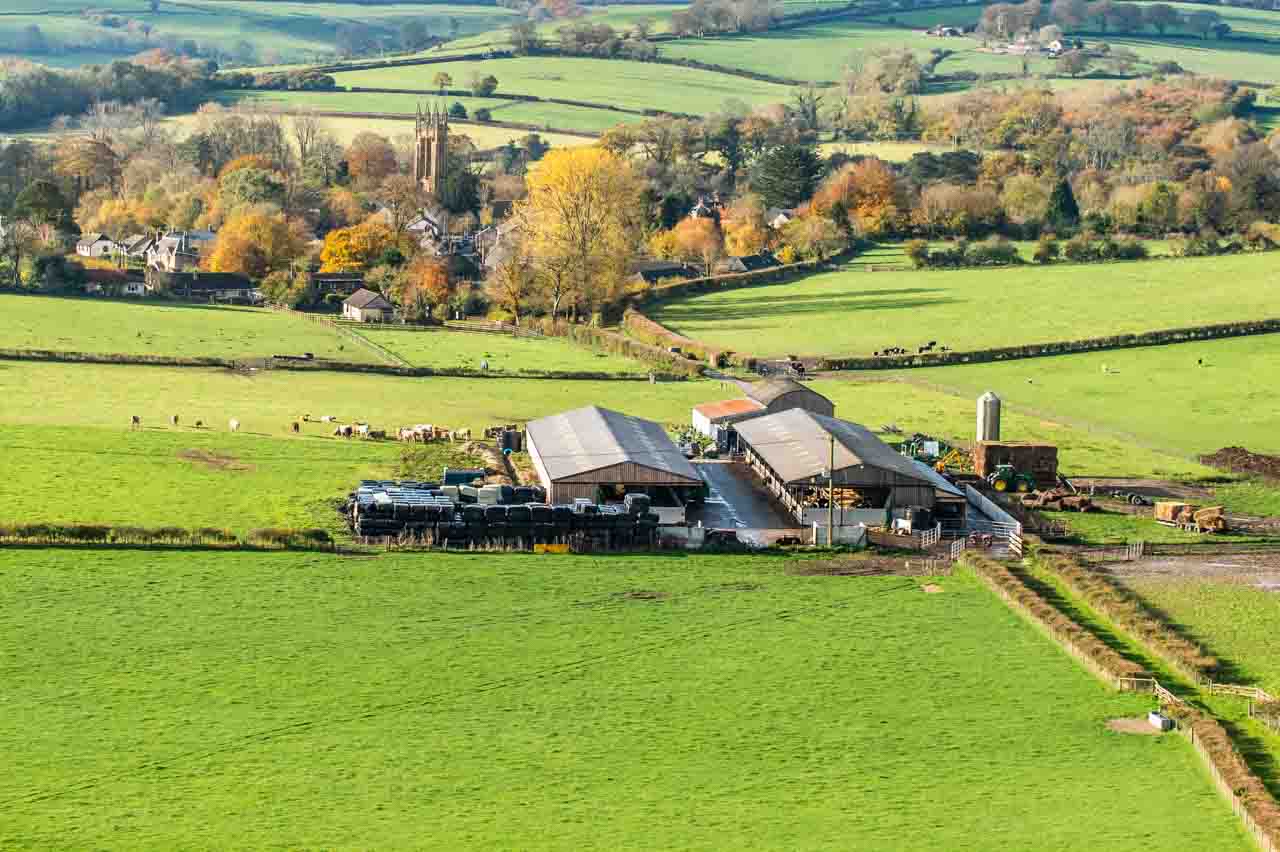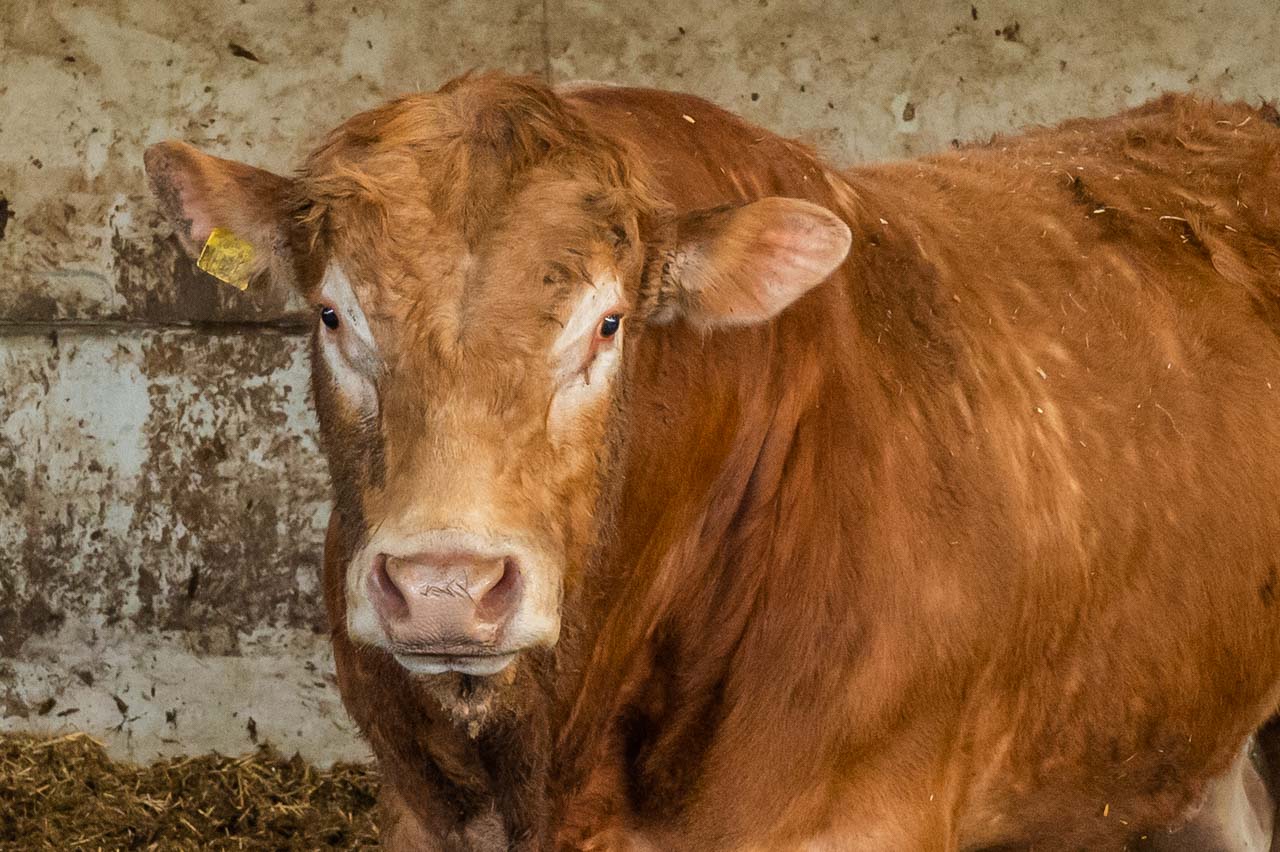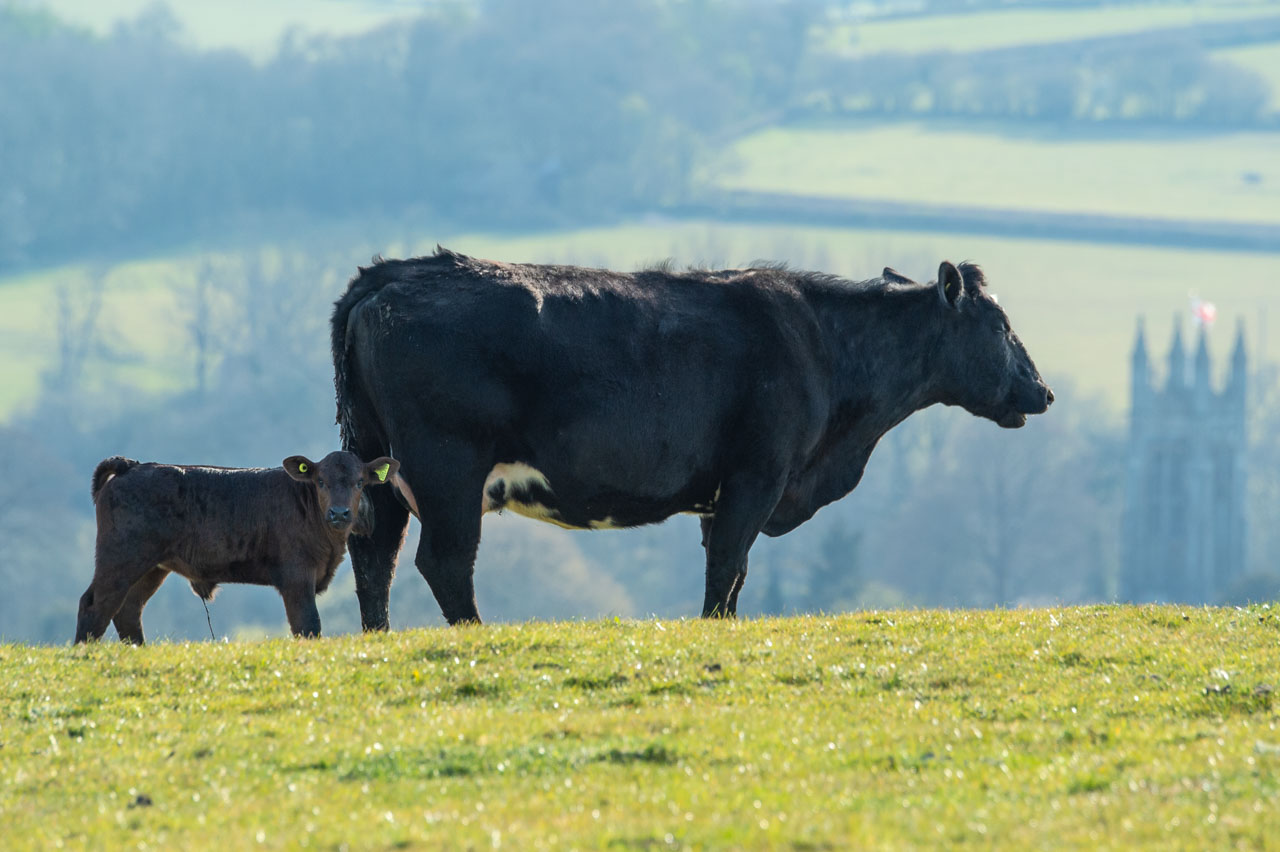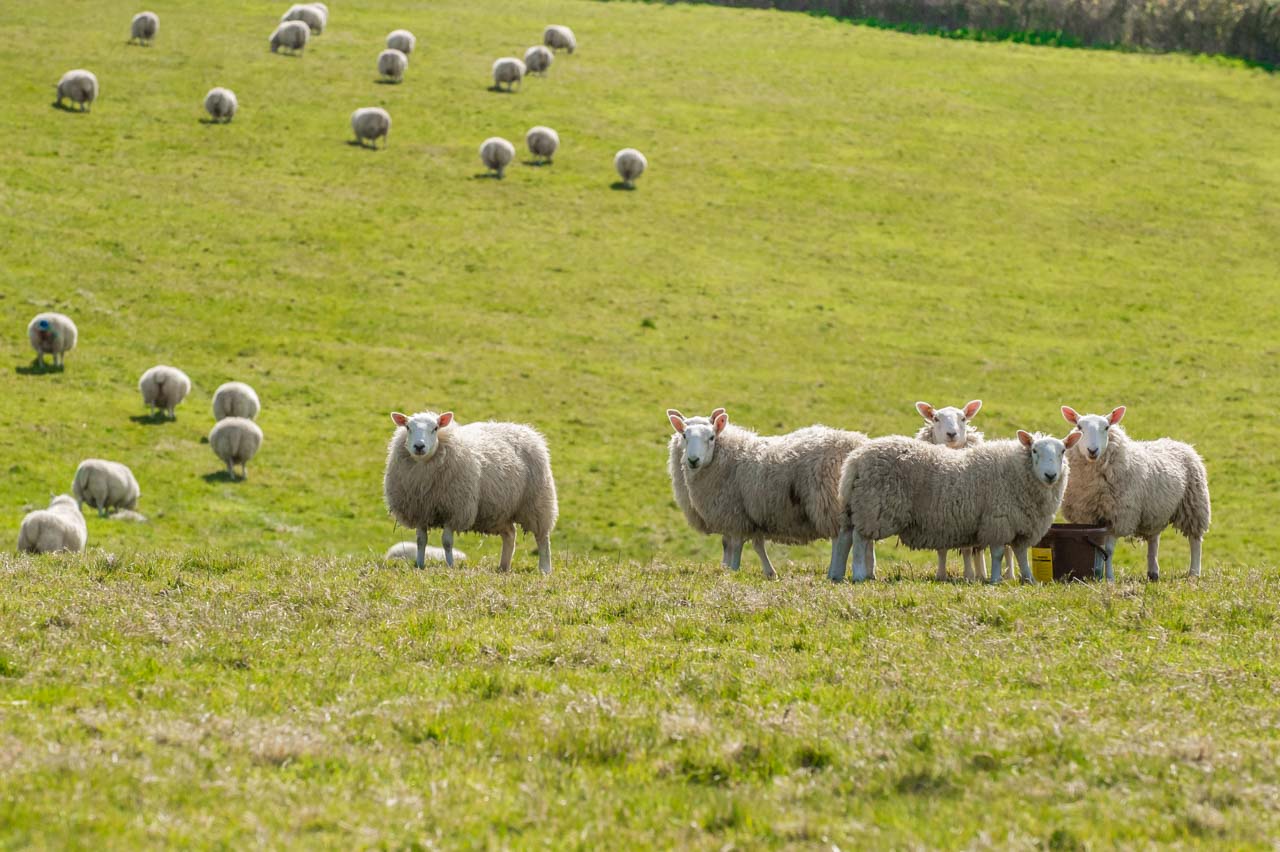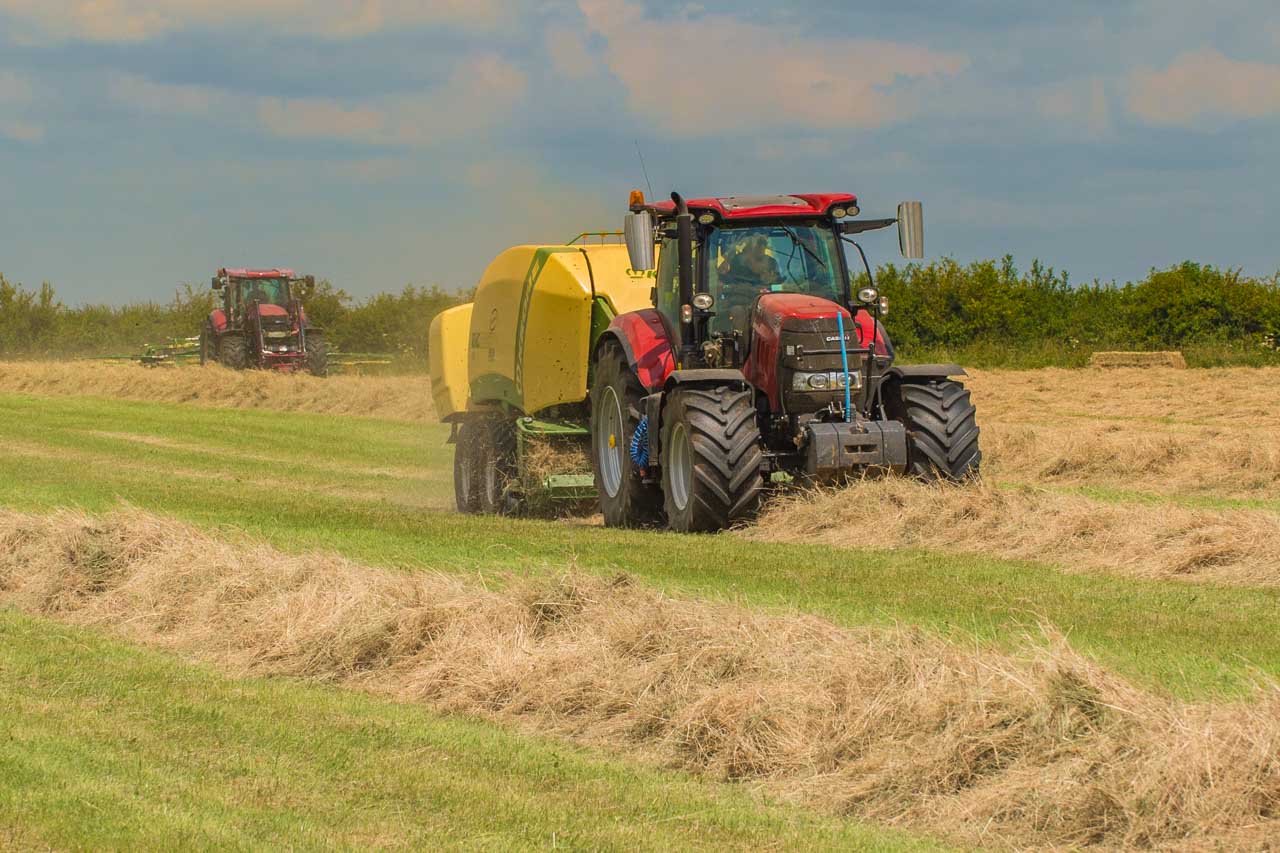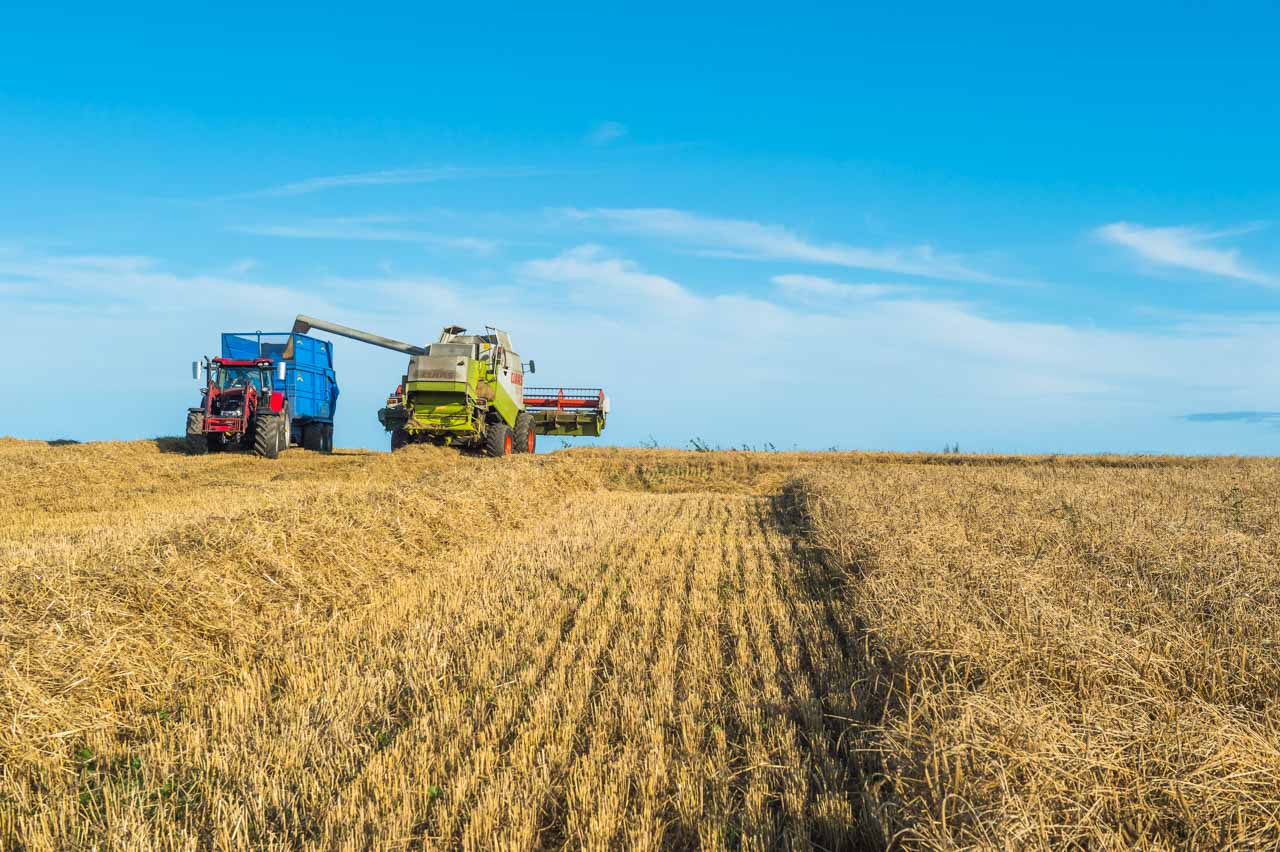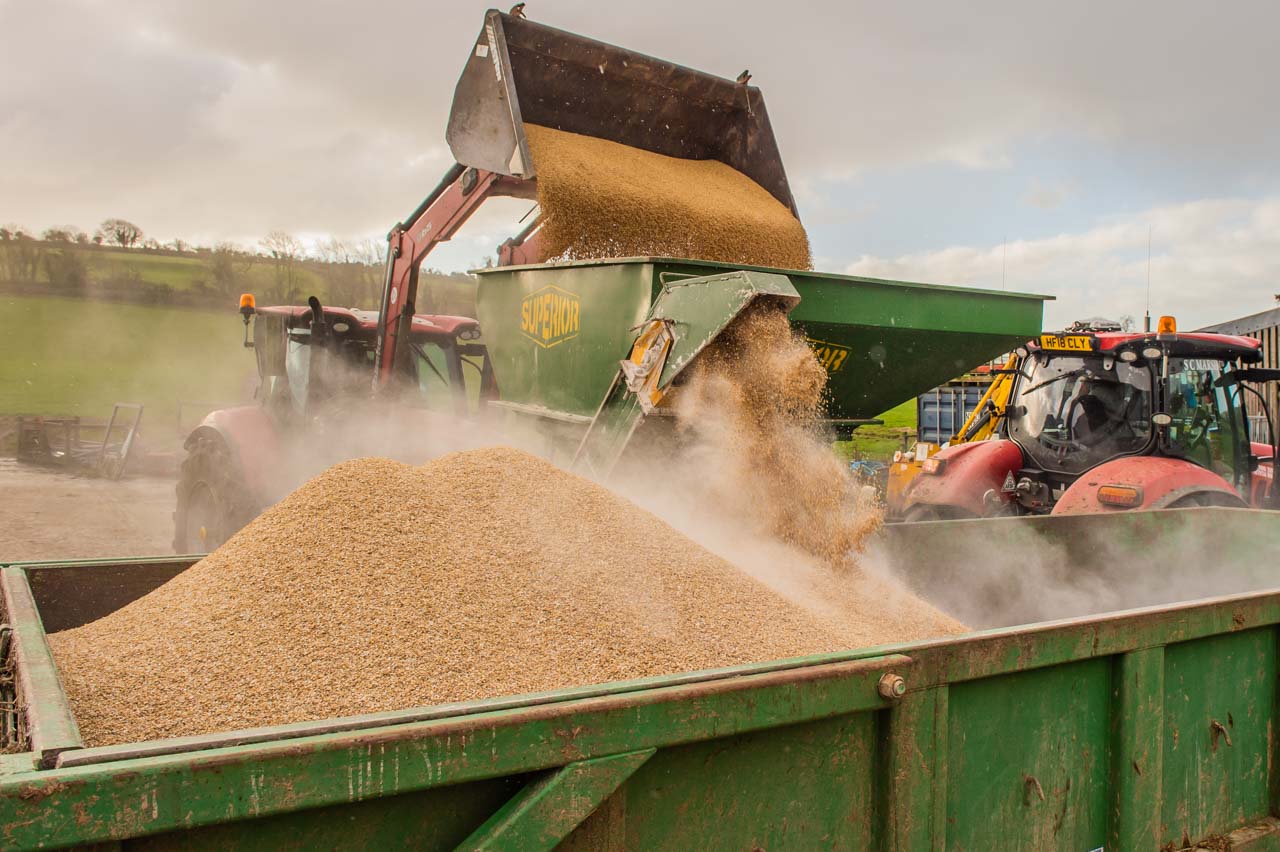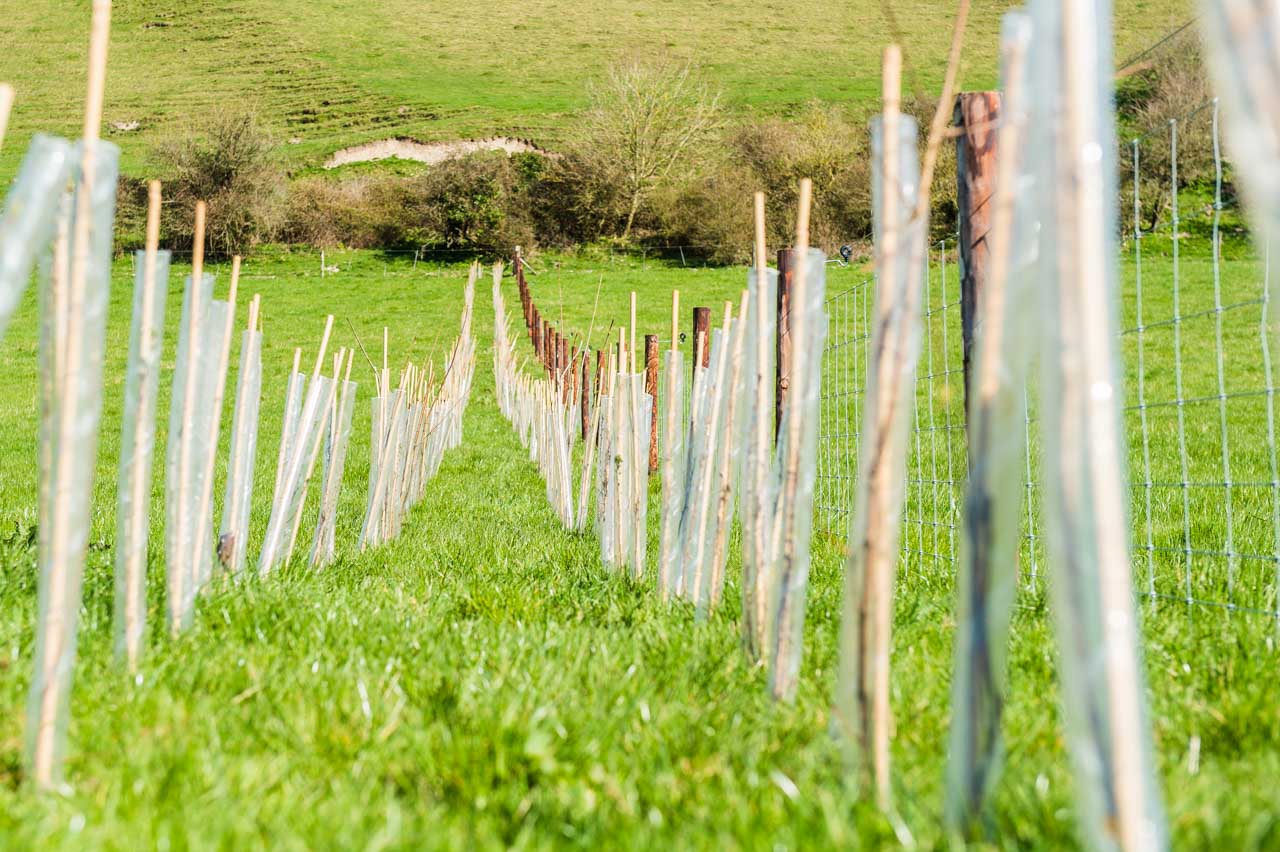Manor Farm
Newman Farming Partnership
We are a family run farm based at Manor Farm, Cattistock in the heart of Dorset with family who have farmed in the area since the early 1600s.
Dan was born into the farming family, Dan and Helen Newman started their farming business together in 1992 and have since moved several times as the business developed. We moved to Manor Farm in July 2017, when the farm was purchased and our son Bertie joined the partnership. We also have a small fabulous young team with Matt working full time and a variety of part time/contract and seasonal help, including our daughter Tillie and nephew Roly when they are available.
We are passionate about farming and now care for 1700 acres of land split over several farms in West Dorset with the main/home farm in Cattistock.
There are several enterprises within the business which is primarily made up of 700 head of cattle, including a suckler herd and a flock of 850 ewes. We also farm crops including grass, lucerne, peas and barley as whole crop which in turn is used to feed the cattle. Quite a bit of machinery is required to feed and keep on top of the land management hence a small amount of contracting services are offered.
Since Manor Farm was purchased, there is a constant strive to improve the infrastructure and efficiency whilst caring for personnel, livestock and the land.
Like many other industries, farming is a challenging one. We are hugely dependant on the weather, each month and year is different which makes it an interesting occupation to work in, after 400 years we have still not worked out how to control the seasons!
A wee note on Footpaths and Bridlepaths at Manor Farm
There are plenty of Maps and Apps which show footpaths and bridlepaths over our glorious County of Dorset.
The footpath through the farm is directly up the track over the cattle grid and through the cattle handling system (NOT through the buildings or along the new track to the right of the cattle grid). When you reach the far gate at the bottom of Middle Hill, the footpath turns left and leads you to the style out onto the Cattistock Road and the Bridlepath turns right leading you out to Lankham Bottom. There is also a footpath and bridlepath along from Kennel Lane and over the top of South Down out onto the Maiden Newton Road.
This is a working farm with plenty of hazards, for your own safety, please keep to the footpaths and bridlepath, dogs should be on leads at all times.

